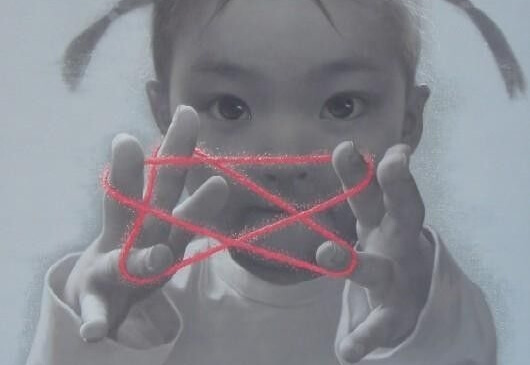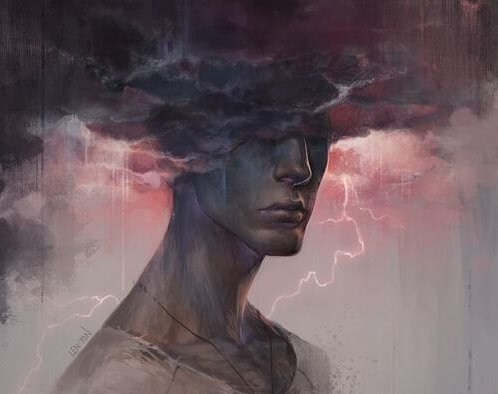Today I Stopped Holding Others Responsible for My Happiness


Reviewed and approved by the psychologist Sergio De Dios González
I’ve spent too much of my life holding others responsible for my happiness. I’ve gotten mad at them for not keeping their promises, for not loving me as I loved them, for not doing what I expected.
My expectations for the people that matter in my life were too high; I started putting my own happiness in their hands.
But there came a day when I felt bad about myself. I started to wonder if I was manipulating people and, in a way, I was. I used them to make me happy.
If someone couldn’t do something fun with me because they had something else to do, I would get angry and not do that fun thing I actually wanted to do. Wow! My life totally depended on the people around me.
I had a blindfold on preventing me from seeing that I had to take the reins of my own life and never give them over to anyone.
Holding others responsible for my happiness
Holding others responsible for our own happiness is a mistake. It only leads to suffering, disappointment, pain, sadness, and in the worst cases, even depression.
We don’t realize that this dynamic creates a lot of emotional instability. With this kind of outlook, how are we supposed to manage our emotions? It would be impossible, since we’ve handed over our control of them.
But the most important question is: “Why do something as ‘stupid’ as leaving such an important and delicate privilege in the hands of others?” The answer lies in our fears, insecurities, assumptions about relationships, and a lot of times, believing that love takes pain.

All of this ends up creating a perspective with its own laws and logic, and interferes with our relationships. We give everything, we strive to keep our relationships and friendships on the right track. But in the end, all of our hard work doesn’t seem to have done anything, and it gives us an aftertaste of disappointment.
I worked hard to please others so they would be happy. I was willing to give everything for the people I loved most. However, inside I knew that they did not think the same way about me and that seemed unfair to me.
We keep others from showing that they also care. We do it thinking that there is only one valid way for someone to love us.
That the only valid way is the one that satisfies our desires, and that’s how we evaluate — really, minimize — the value of their ways of loving. In addition to that, we rarely (if ever) voice our feelings on how we want to be loved, hoping by some miracle that others will read our minds or interpret the too-subtle signs we send.
On the other hand, if we are usually the friend that initiates things and leads the group, why not stop? What if we stopped leading and allowed others to do something?
Maybe we’re afraid that it won’t happen, that our habits have ingrained us and them in our roles, telling us what we can and cannot expect from others.
The blindfold that I voluntarily wear
Making others responsible for our happiness while we blindfold ourselves so we won’t see what is happening is a bad gamble. But we want to blindly trust, perhaps because it’s habit by now, and life won’t stop yelling: “stop looking out for others and start looking out for yourself!”
We look outside of ourselves for what we’re lacking. If we feel lonely and don’t want to, we try to get rid of it with other people; if we notice that we lack love, then we look for a partner to satisfy this need. But holding others responsible for meeting our needs exposes us to harm.

We have a lot and we have the possibility of having more. We have happiness, we have love, we have joy … It’s true that we may go through things that can make us believe that they’ve been taken away from us.
But these things live in us, deep down — we just have to take responsibility for it. Let’s stop being passive players, because we are the protagonist of our story.
When I understood that I could choose to be happy, that I, and not others, had the power to decide, then I was free and I knew what it was to find balance and well-being.
So today I stopped blaming others for my happiness, for meeting my needs, for satisfying me. I have abandoned the role of the victim, as comfortable as I was asking for things while at the same time giving what I did not have.
Today, I do not depend on anyone to be happy, because I have the power to choose how I want to feel. And I have allowed others to be free of the “duty” that I once placed in their hands, unaware of the danger I was exposing myself to.
This text is provided for informational purposes only and does not replace consultation with a professional. If in doubt, consult your specialist.








